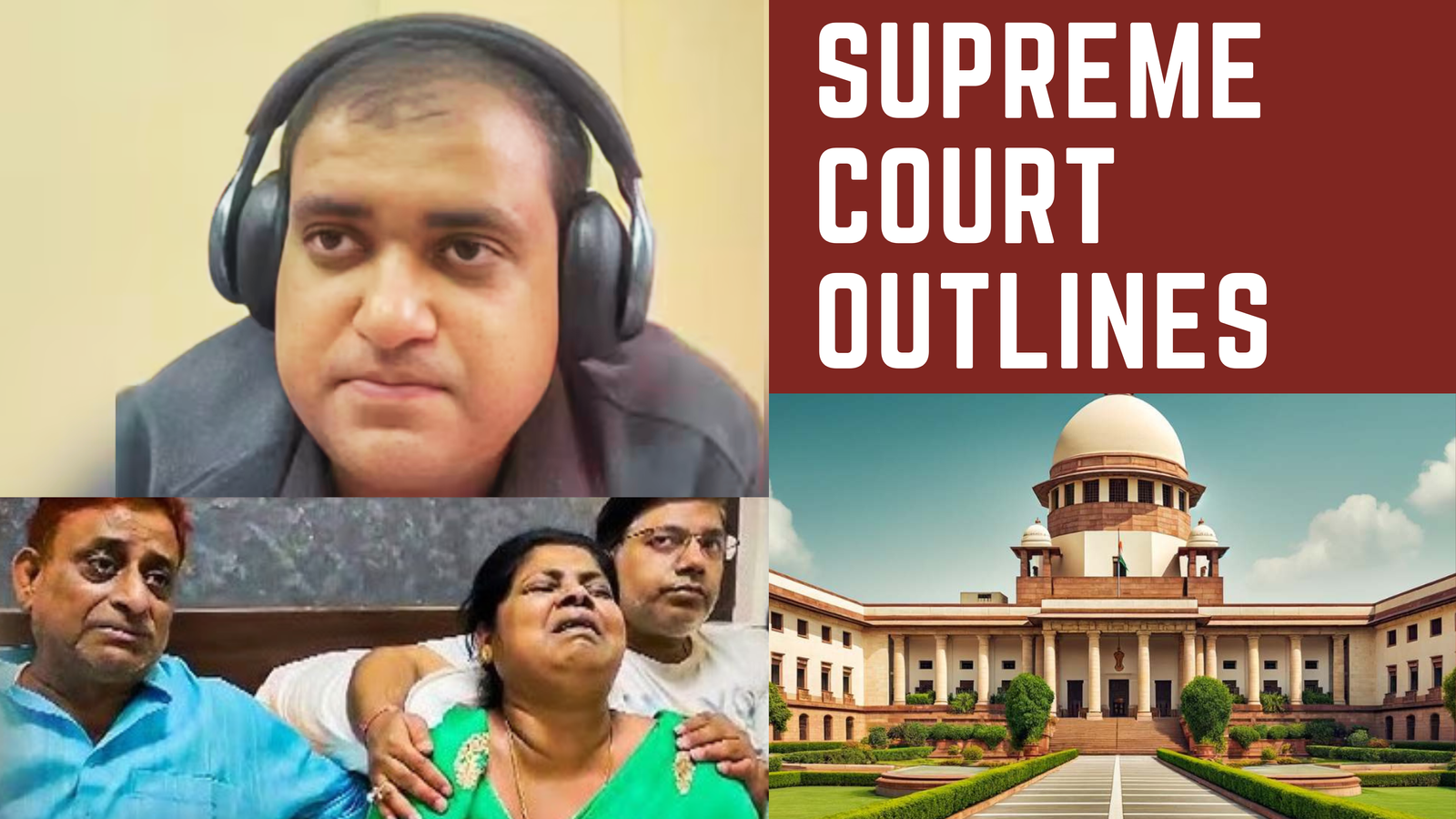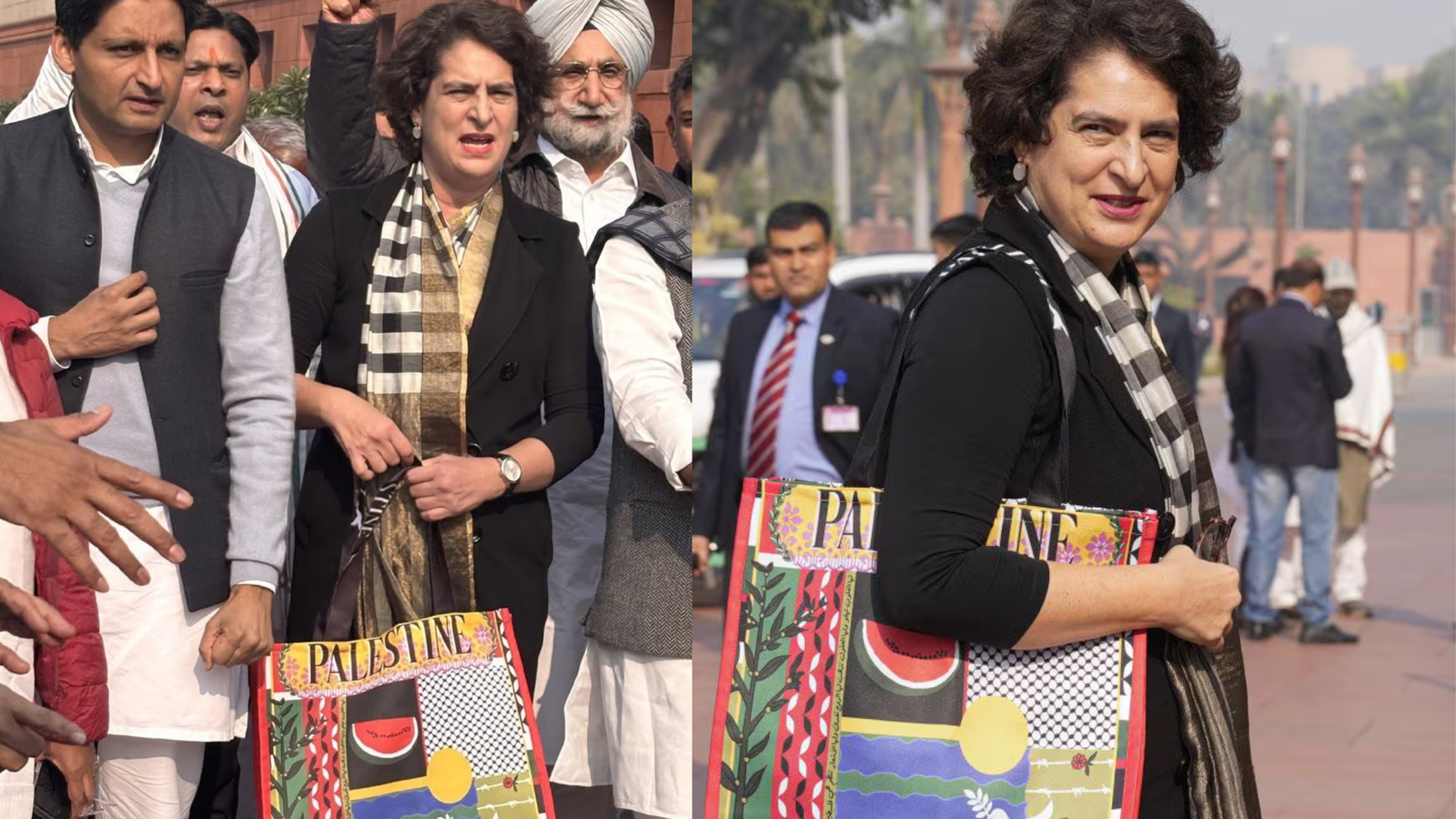Bengaluru Techie Case: The Supreme Court of India has issued an eight-point guideline to determine permanent alimony amounts during divorce settlements. These factors, though not binding, serve as a crucial framework for courts to evaluate cases fairly. The order comes amidst heightened discussions about the tragic death of a Bengaluru-based techie who alleged harassment and extortion by his wife and in-laws.

Supreme Court’s Guidelines on Alimony
A bench comprising Justices Vikram Nath and Prasanna B Varale outlined the eight key factors during a hearing on a divorce settlement case. While acknowledging that these factors are not a “straight jacket formula,” the court emphasized their importance as a guideline in determining fair alimony amounts under the Hindu Marriage Act. The court identified the following considerations:
- Social and financial status of the parties: This includes their societal standing and financial positions.
- Reasonable needs of the wife and dependent children: Ensuring the family’s basic and essential needs are met.
- Parties’ individual qualifications and employment status: Assessing their educational background and employability.
- Independent income or assets of the applicant: Evaluating existing financial resources.
- Standard of living in the matrimonial home: Maintaining the lifestyle enjoyed during the marriage.
- Employment sacrifices for family responsibilities: Recognizing contributions made for family welfare.
- Litigation costs for non-working wives: Ensuring fair access to legal representation.
- Financial capacity of the husband: Considering income, maintenance obligations, and liabilities.
Decent Living Without Penalizing
Referring to the judgment in Kiran Jyot Maini v Anish Pramod Patel, the court reiterated that permanent alimony should ensure a decent standard of living for the wife without unfairly penalizing the husband. The order stressed the need for balance, avoiding punitive measures that might impose undue financial strain.
Bengaluru Techie Case Sparks National Debate
The guidelines were issued amid public outrage over the suicide of a Bengaluru-based techie, which reignited discussions on the misuse of dowry laws and cruelty provisions in marital disputes. In his 24-page suicide note, the techie alleged harassment by his wife and in-laws, claiming they demanded ₹3 crore to settle false cases filed against him. Police also discovered a placard in his residence that read, “Justice is due.”
Misuse of Cruelty Law
In a separate case, the Supreme Court issued a caution against the misuse of cruelty provisions under marital laws. It observed that these laws should not be wielded as “personal tools to unleash vendetta” and urged fair application to prevent injustice. The court’s warning aligns with growing concerns over the exploitation of legal provisions intended to protect vulnerable individuals.
Ensuring Fairness in Alimony Cases
The recent ruling underscores the judiciary’s commitment to ensuring fairness in divorce and alimony cases. By considering diverse factors such as financial capacity, employment sacrifices, and the needs of dependents, the guidelines aim to uphold justice while preventing misuse of the legal system. The emphasis on providing a decent standard of living for the wife reflects the court’s nuanced approach to addressing marital disputes.
Broader Implications
The Bengaluru techie’s death has amplified calls for reforms to address loopholes in dowry and cruelty laws. Advocates argue that while these laws are vital for safeguarding women’s rights, their misuse can lead to severe consequences, as evidenced by the techie’s tragic case. Policymakers and legal experts are now under pressure to strike a balance between protection and accountability.
The Supreme Court’s eight-point alimony guideline is a significant step toward ensuring equitable outcomes in divorce settlements. As discussions on the Bengaluru techie case continue, the focus remains on fostering a legal framework that prevents exploitation while delivering justice. By addressing both systemic flaws and individual circumstances, the judiciary aims to uphold the principles of fairness and compassion in marital dispute cases.




